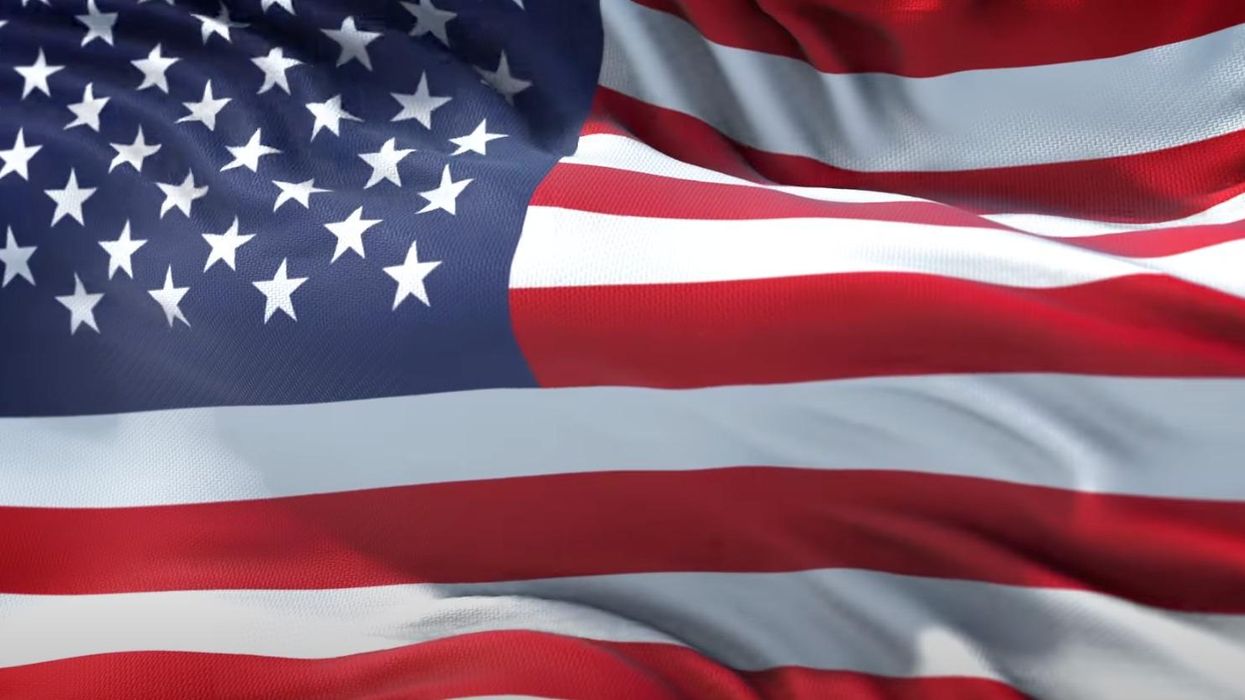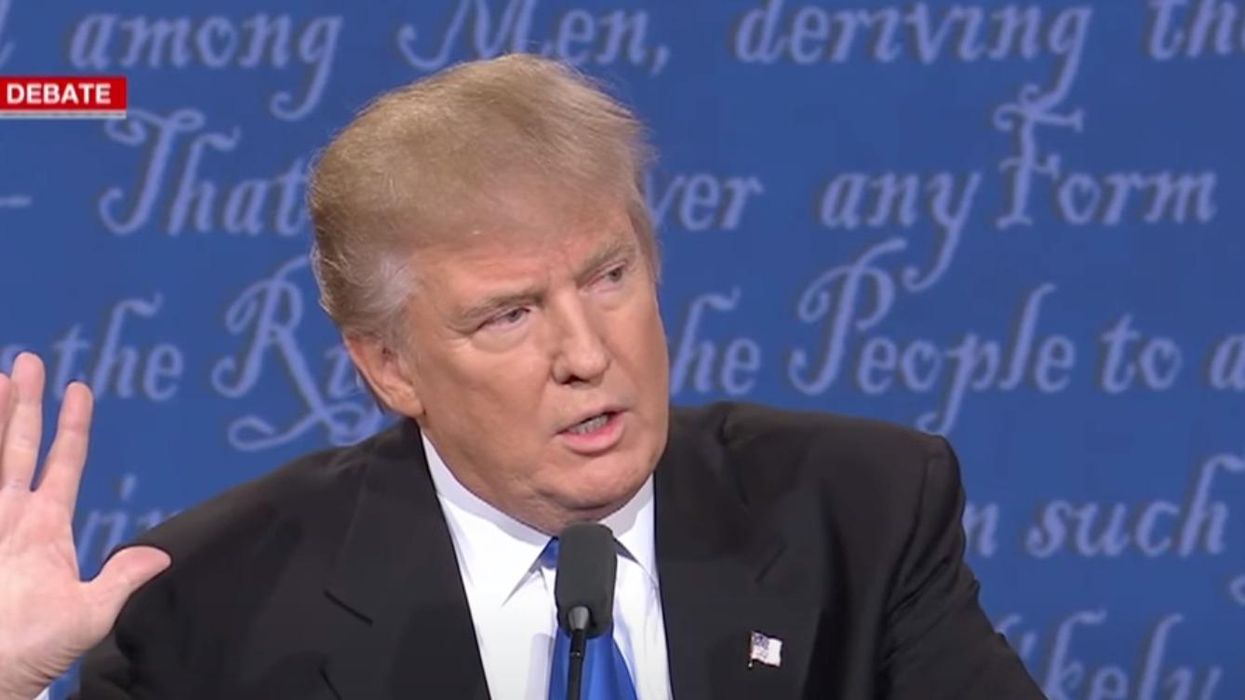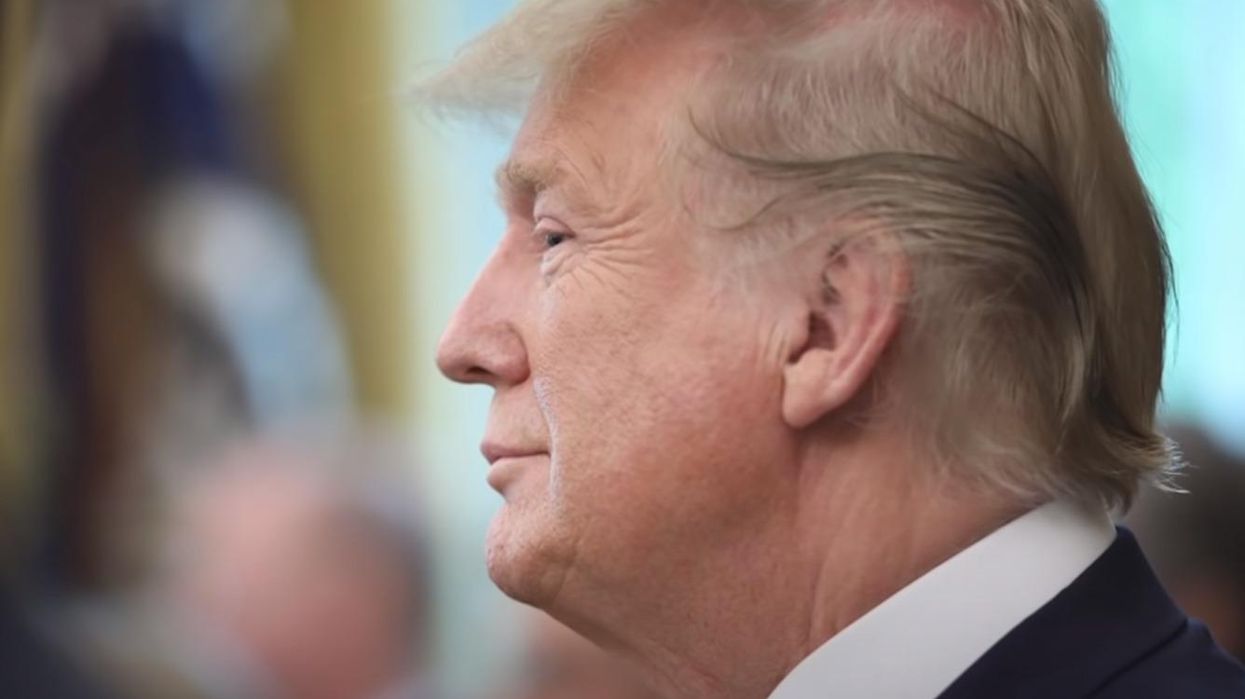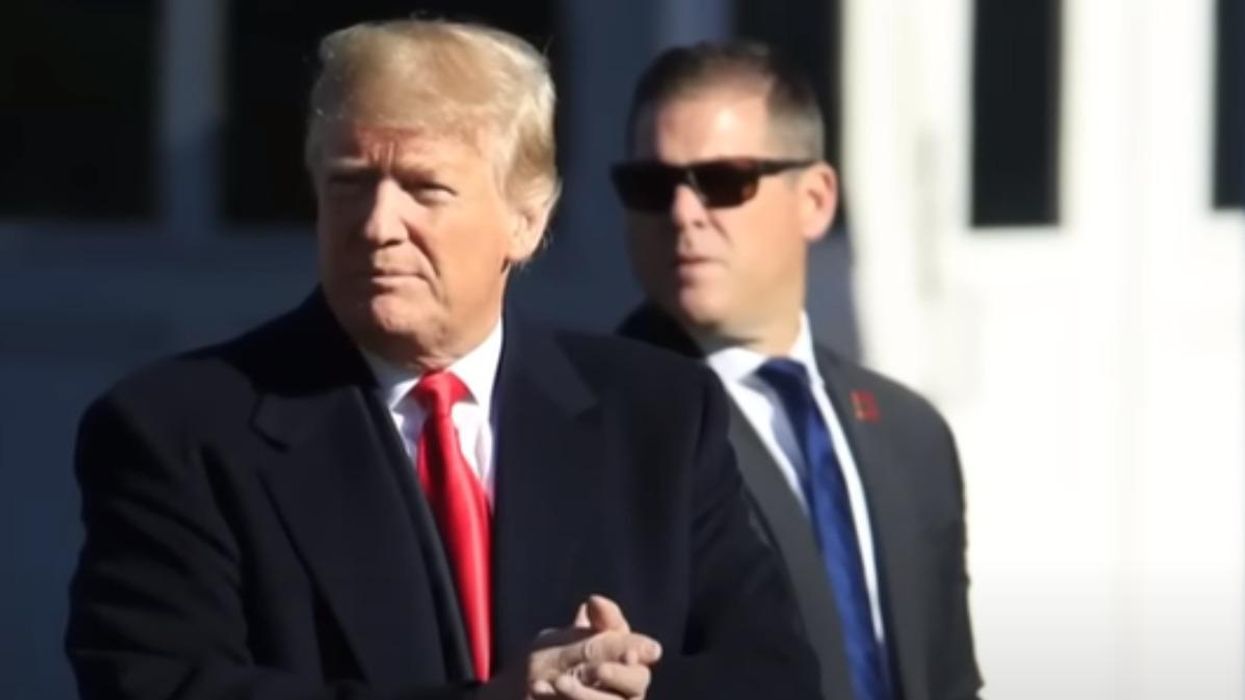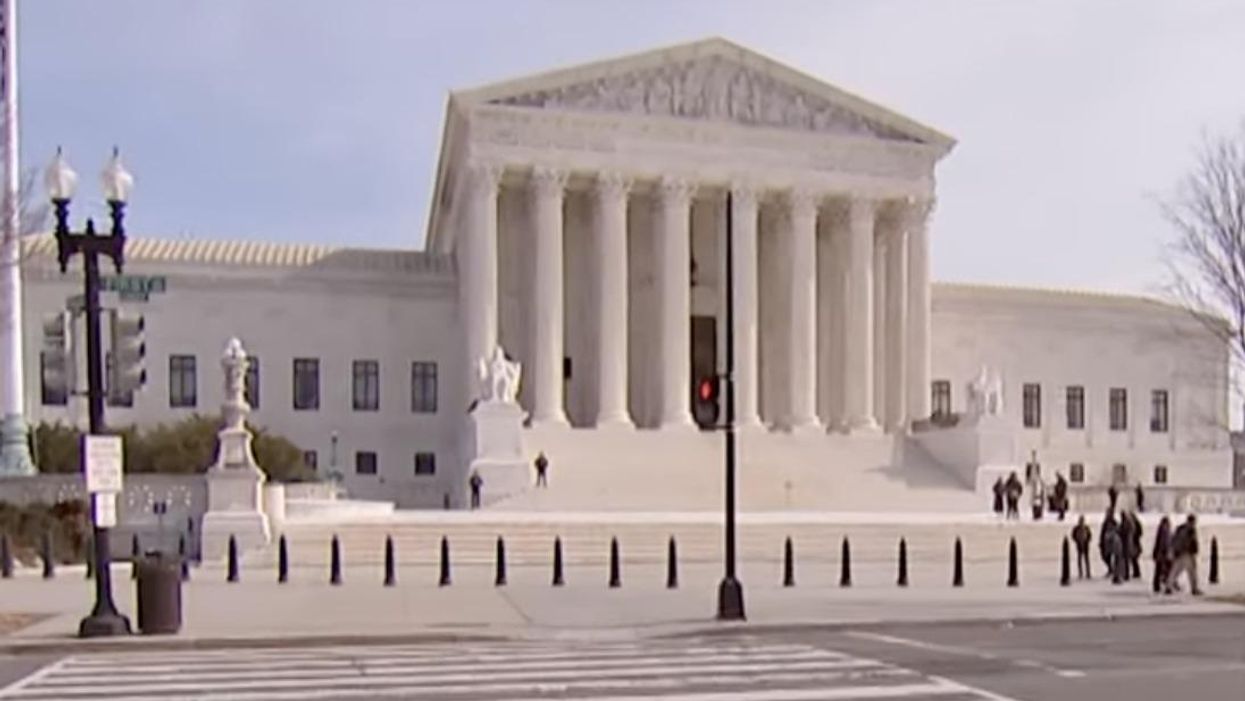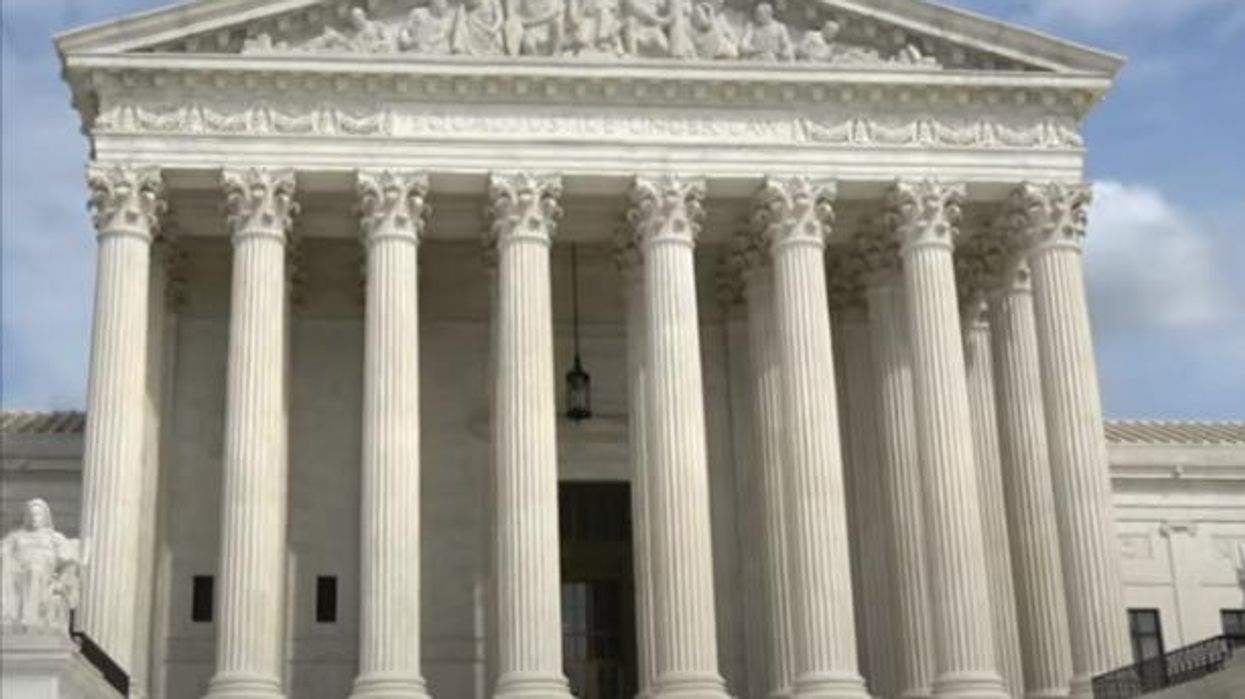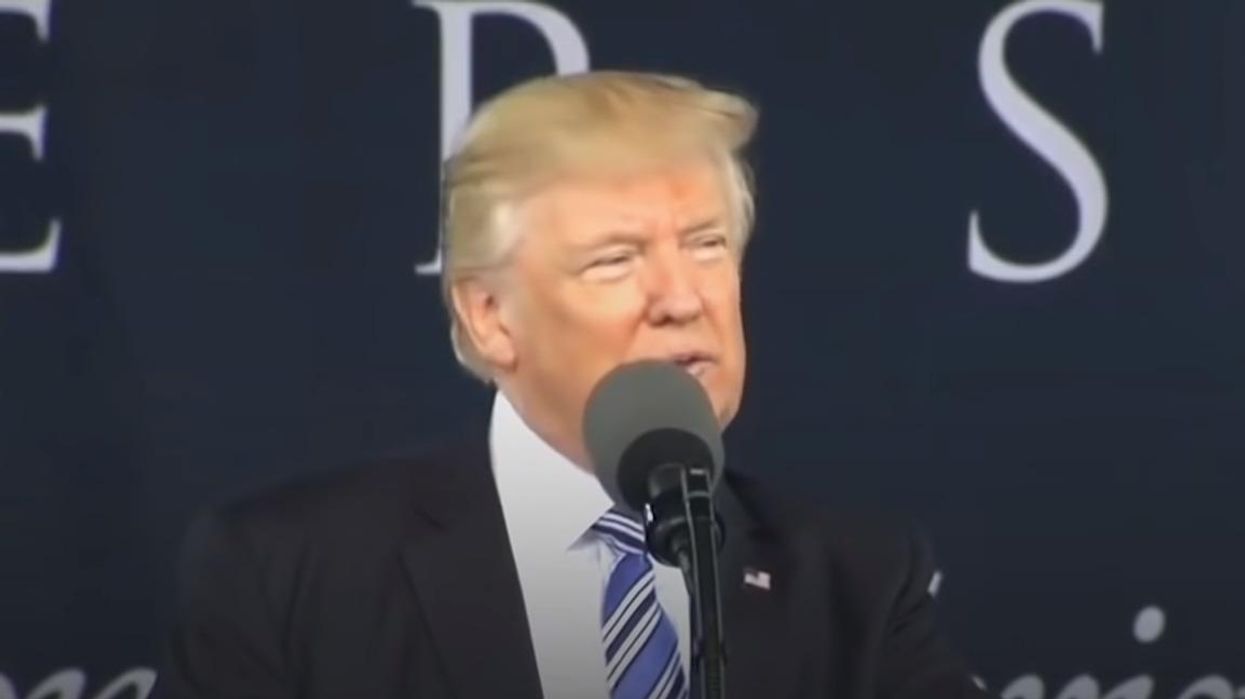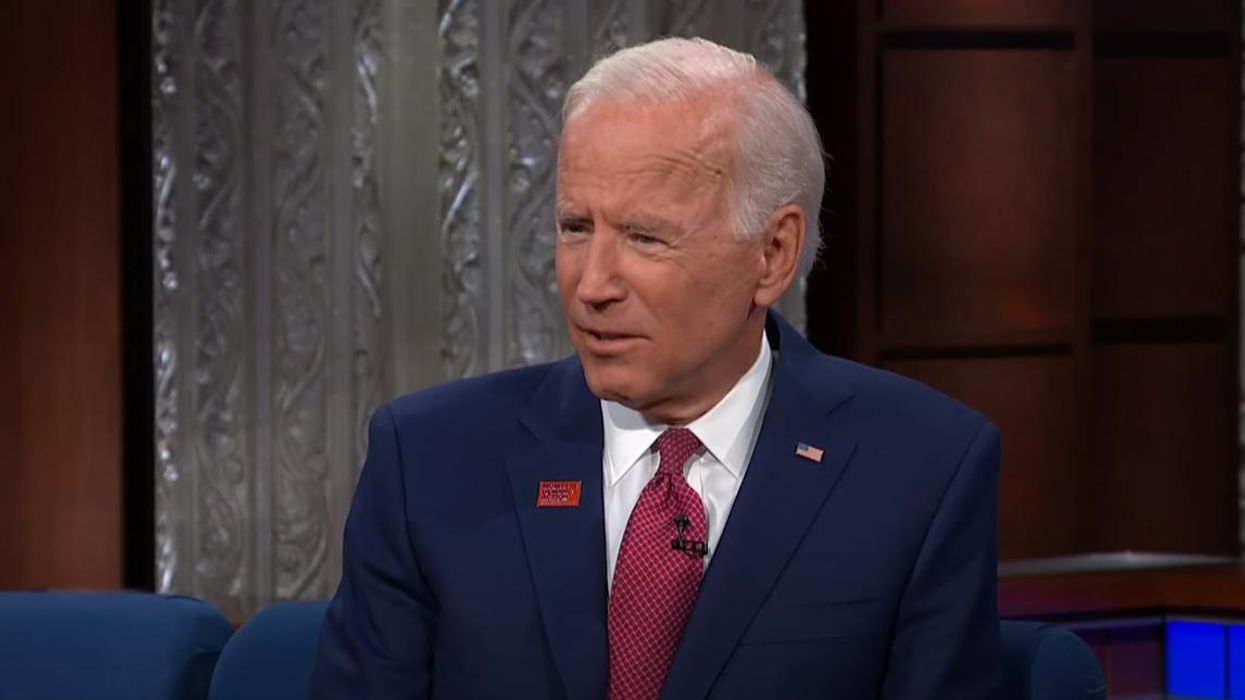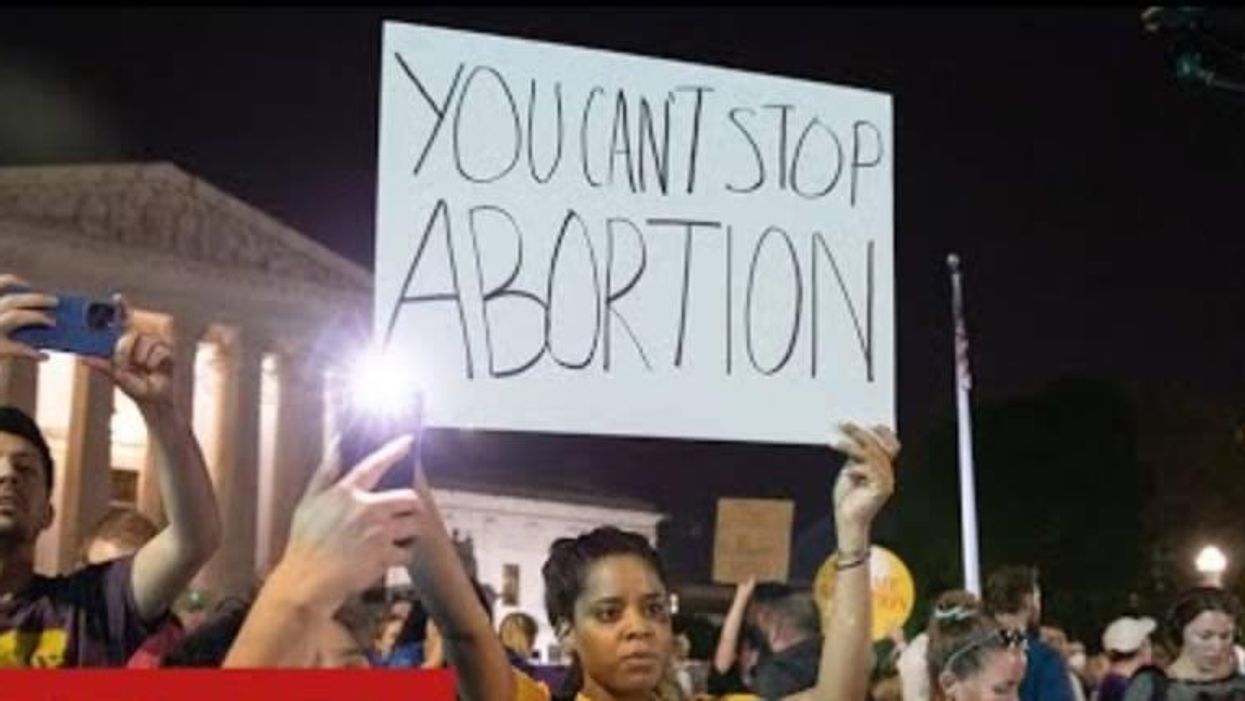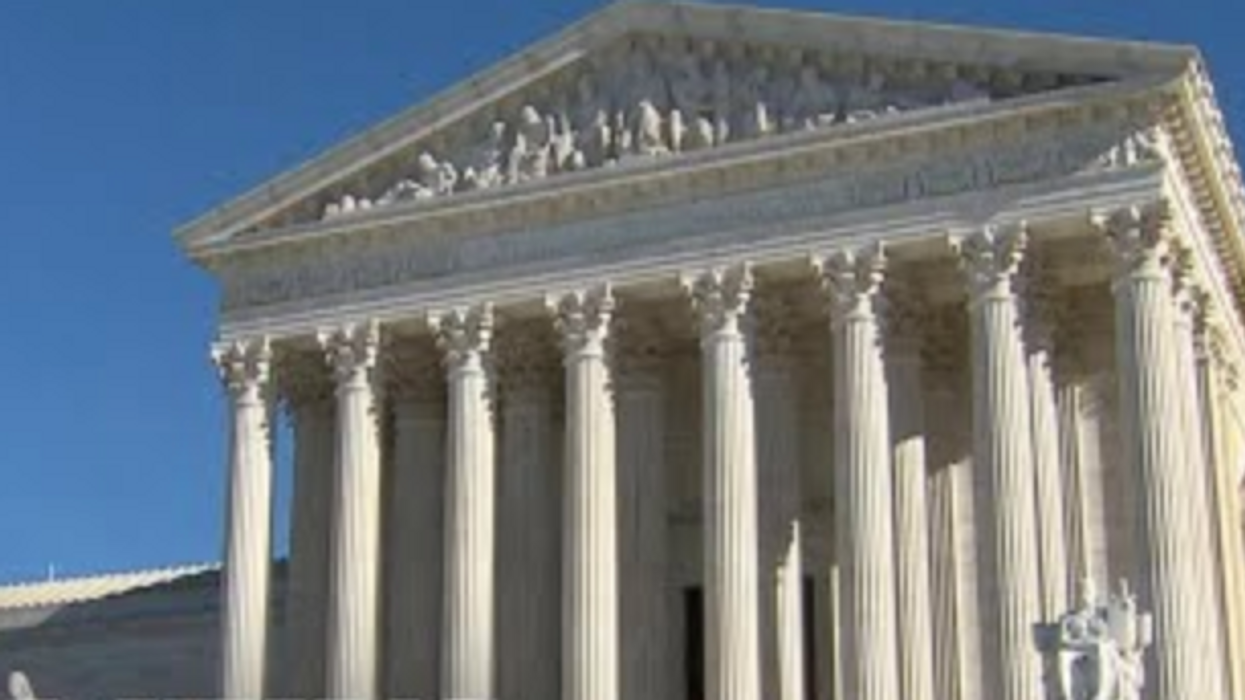Will Americans Heed Biden's Plea To Defend Democracy?
Decades from now, Joe Biden's errors may not be forgotten, whether they relate to Afghanistan, the border or inflation. But whatever Biden has gotten wrong, posterity will remember that he was right about one critical matter: the dangers to democracy that arose in our time.
His prime-time address Thursday was a milestone of a regrettable sort: an American president feeling compelled to warn of a mortal threat to our form of government — not from foreign enemies but from Americans. Biden was elected partly because of public recognition that Donald Trump was at war with the foundational ideals of this country.
But that war continued beyond the election, till Jan. 6 and after. Trump came excruciatingly close to success. Yet the GOP remains loyal to him.
Biden highlighted what's at stake. "MAGA Republicans do not respect the Constitution," he said. "They do not believe in the rule of law. They do not recognize the will of the people. They refuse to accept the results of a free election, and they're working right now, as I speak, in state after state to give power to decide elections in America to partisans and cronies, empowering election deniers to undermine democracy itself."
Democracy differs from authoritarianism in that it rests on truth, compromise, pluralism and a respect for the rights of others. Biden will go down in history as the president who played a major role in preserving the institutions and ideals that Trump did his best to undermine.
But maybe I'm being too optimistic. It may be that a generation or two from now, Americans will no longer be living in a constitutional republic based on fundamental rights, the rule of law and the consent of the governed. In that case, the dominant narrative may be that Biden was naive, weak and foolishly wedded to outmoded principles. He may be on the wrong side of history.
Mikhail Gorbachev could empathize. The former Soviet leader once represented the immense possibilities of human progress. More than anyone else, he was responsible for the eclipse of communism, the demise of the Soviet empire and the peaceful conclusion of the Cold War.
He didn't initiate the surge of political freedom that swept the globe three decades ago. Autocratic governments had previously given way to democracy in Spain, Greece, South Korea, and the Philippines, among others. But no transition was more consequential than the one in Moscow.
Today, it's hard to conceptualize how earthshaking it was. Americans of the Cold War era assumed that communism was as permanent as the moon.
In his 2009 book The Rise and Fall of Communism, Oxford University historian Archie Brown noted: "There are those who, in hindsight, think that transformative change was bound to occur in the Soviet Union in the second half of the 1980s. Yet it would be hard to find anyone who at the time predicted change remotely comparable to that which took place."
What was once regarded as impossible came to appear inevitable: the spread of democracy to every corner of the world. Between 1992 and 2006, according to the human rights organization Freedom House, the share of humanity living in free societies grew from 25% to 46%.
Autocracy went into the dustbin of history not only in Eastern Europe but also in much of Latin America and Africa. Even China seemed to be moving toward irreversible liberalization. The words of the English poet William Wordsworth fit the moment: "Bliss it was in that dawn to be alive."
But the tide of change eventually subsided, as tides tend to do. Over the past decade and a half, the forces of autocracy have gained ground. Vladimir Putin has strangled Russia's fledgling democracy. The Chinese Communist Party has grown more repressive. Populist strongmen have come to power in places from Brazil to Hungary — oh, and from 2017 to 2021, in the United States.
In its 2022 world survey, Freedom House reported that global freedom has declined for 16 consecutive years. "The global order is nearing a tipping point," it warned, "and if democracy's defenders do not work together to help guarantee freedom for all people, the authoritarian model will prevail." Biden's address was a call to avert that outcome.
It was once assumed that the story of America was one of steady progress in steadily improving our grand experiment in rule by the people. But nothing in this world is guaranteed to last forever — not even the world's oldest democracy. If it is going to survive, Americans will have to save it — or else be remembered for our failure.
An announcement: Forty-one years ago, I began writing a regular column for the Chicago Tribune, which has been distributed by Creators Syndicate. Today, I'm retiring as a columnist. Thanks to everyone who helped me along the way, and thanks most of all to my readers.
Reprinted with permission from Creators.

